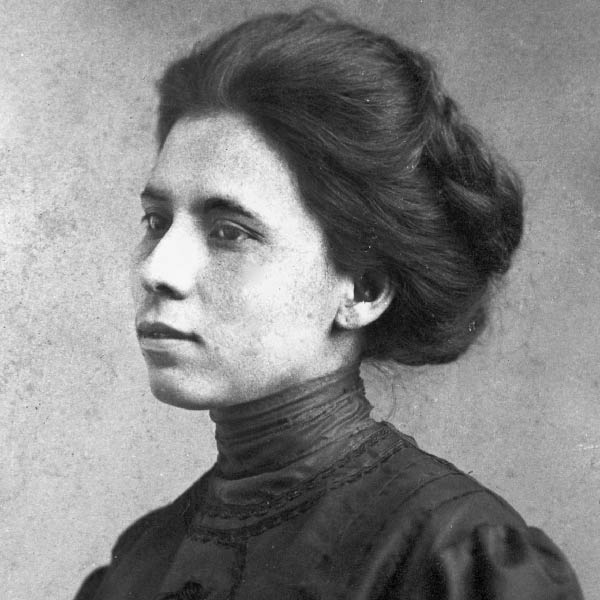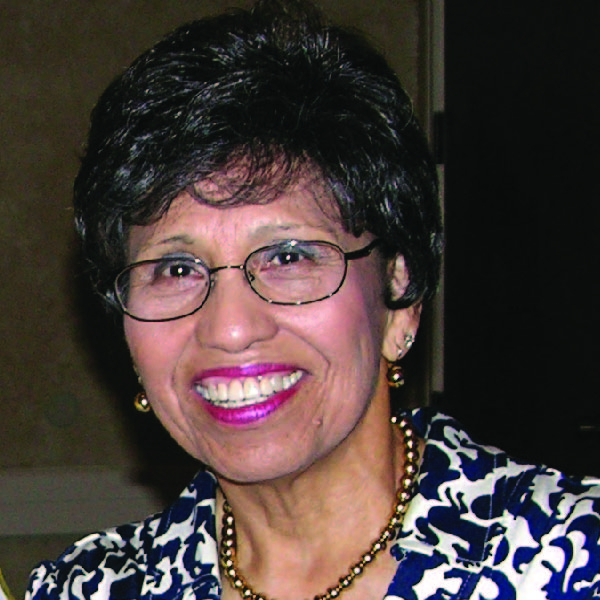Hispanic women have made significant contributions to the labor movement in America. They have played essential roles as activists, organizers, leaders and advocates for workers’ rights, fair wages, education and improving working conditions. Today there are about 13.2 million Hispanic women in the labor force, driving productivity and growth in many industries. Hispanic women have risen to leadership positions and continue to be major champions advocating for fair wages, improved working conditions and boldly fighting for the rights of all workers.
While women’s contributions to America’s labor movement have sometimes been overlooked in the past, we’re focusing on some of the influential Hispanic women who have made or are currently making a lasting impact on America’s workers.

Jessie Lopez De La Cruz was a farm worker from a young age. She was the first female recruiter for United Farm Workers of America. She fought tirelessly for the rights of rural workers, advocated for worker safety and resisted abusive employment practices.
Jovita Idar was a Mexican American journalist, activist and suffragist. She fought for Hispanic voting rights and equitable education for Hispanic students. In 1911, she founded and became the first president of La Liga Femenil Mexicanista (the League of Mexican Women). This organization encouraged women to join the feminist movement and to work outside their homes. They started their activism by providing education for Mexican American students.
Linda Chavez-Thompson, a prominent Mexican American figure in the labor movement, served as the first executive vice president of the American Federation of Labor and Congress of Industrial Organizations (AFL-CIO) in 1995. She worked in numerous organizations as a labor leader, including the National Interfaith Committee for Worker Justice, the Institute for Women’s Policy Research and the Congressional Hispanic Caucus Institute. Her work has helped improve the quality of labor unions by striving to ensure all working people are treated fairly, with reasonable wages, benefits, safe jobs, dignity, and equal opportunities. In her career, Thompson wrote personnel rules for the city of San Antonio and drafted the labor pieces of a new agency which she submitted for consideration by the director and board of trustees for a new water system in Texas.

Camille Rivera-Westin is an Afro Latina lecturer and advocate with roots to the labor movement. In her role as the national political and legislative director for the Retail, Wholesale and Department Store Union, Camille led campaigns to ensure that workers and her community’s voices were heard in legislation regarding tipped wages, tax subsidies and ensuring retail owners implemented fair work hour policies for workers.
Born in Guatemala, Luisa Moreno immigrated to New York in 1929. In the United States, she became a labor organizer and a fierce advocate for civil rights and better working conditions for America’s workers. Moreno worked with unions in New York, Louisiana and Florida – writing pamphlets, organizing strikes and encouraging workers to participate in unions and advocate for themselves. She also helped found the National Congress of Spanish-Speaking Peoples, which advocated for integration and fair treatment of Latino laborers.
Throughout history, Hispanic women’s participation and influence have been essential to the U.S. workforce and to America’s workers. At the U.S. Department of Labor, we continue to support Hispanic workers, including women, by collaborating with the department's League of United Latin American Citizens chapter and sharing equitable, accessible opportunities for funding like grants to accelerate gender equity and inclusion in infrastructure workforce and cooperative agreements to support career readiness in underserved communities.
Alaysia Black Hackett is the chief diversity and equity officer for the U.S. Department of Labor.

 U.S. Department of Labor Blog
U.S. Department of Labor Blog